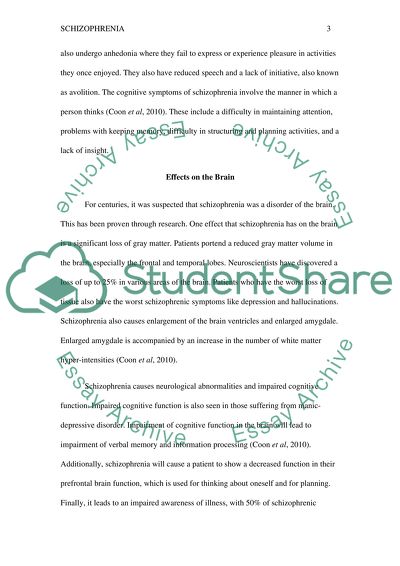Cite this document
(“Ways Of Treatment Schizophrenia Essay Example | Topics and Well Written Essays - 1750 words”, n.d.)
Ways Of Treatment Schizophrenia Essay Example | Topics and Well Written Essays - 1750 words. Retrieved from https://studentshare.org/psychology/1462485-schizophrenia
Ways Of Treatment Schizophrenia Essay Example | Topics and Well Written Essays - 1750 words. Retrieved from https://studentshare.org/psychology/1462485-schizophrenia
(Ways Of Treatment Schizophrenia Essay Example | Topics and Well Written Essays - 1750 Words)
Ways Of Treatment Schizophrenia Essay Example | Topics and Well Written Essays - 1750 Words. https://studentshare.org/psychology/1462485-schizophrenia.
Ways Of Treatment Schizophrenia Essay Example | Topics and Well Written Essays - 1750 Words. https://studentshare.org/psychology/1462485-schizophrenia.
“Ways Of Treatment Schizophrenia Essay Example | Topics and Well Written Essays - 1750 Words”, n.d. https://studentshare.org/psychology/1462485-schizophrenia.


